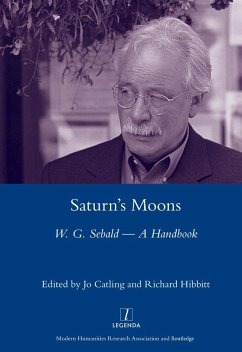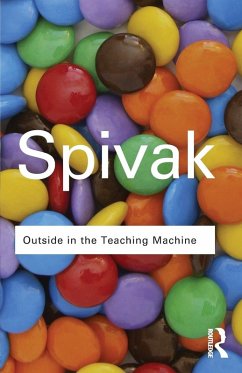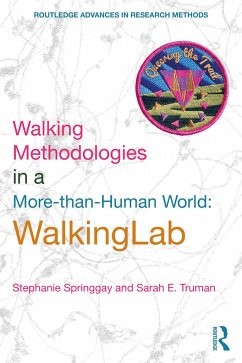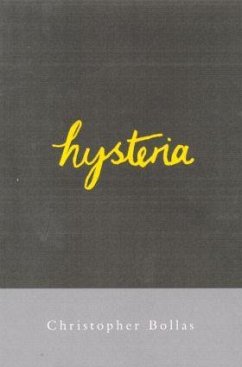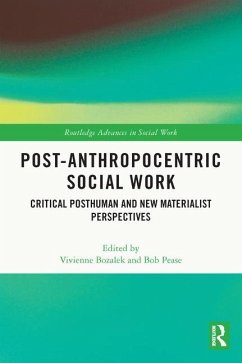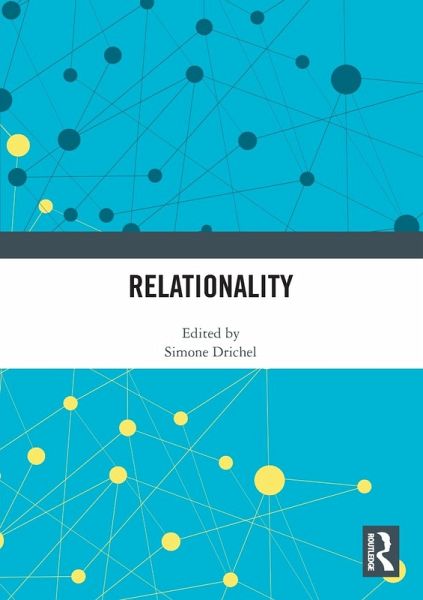
Relationality
Versandkostenfrei!
Versandfertig in 6-10 Tagen
43,99 €
inkl. MwSt.
Weitere Ausgaben:

PAYBACK Punkte
22 °P sammeln!
This book on Relationality addresses our growing "crisis of connection" by foregrounding the multi-faceted ways in which we are interconnected with each other and the world in which we live.When Niobe Way and her collaborators first proclaimed such a "crisis" in their 2018 book The Crisis of Connection: Roots, Consequences, and Solutions, they could not have foreseen the extremes of isolation and disconnection that Covid-19 would unleash just a couple of years later. Importantly, what such experiences of impaired and compromised relationality impress upon us-now more powerfully than ever-is ju...
This book on Relationality addresses our growing "crisis of connection" by foregrounding the multi-faceted ways in which we are interconnected with each other and the world in which we live.
When Niobe Way and her collaborators first proclaimed such a "crisis" in their 2018 book The Crisis of Connection: Roots, Consequences, and Solutions, they could not have foreseen the extremes of isolation and disconnection that Covid-19 would unleash just a couple of years later. Importantly, what such experiences of impaired and compromised relationality impress upon us-now more powerfully than ever-is just how fundamentally we are intertwined with each other and the world we inhabit. The ten scholarly chapters assembled here, combined with ten specially commissioned poems, emphasise the significance of these relational entanglements. They draw on a range of thinkers (with Emmanuel Levinas playing a particularly prominent role) to bring relationality into conversation with an array of contemporary paradigms and areas of political concern: the Anthropocene, post-humanism, neoliberalism, disability studies, and postcolonialism (to name but a few). Tracing the various challenges and opportunities associated with our relational existence, they collectively consider the role relationality plays, or might play, in our increasingly less-than-relational lives.
The chapters and poems in this book were originally published as a special issue of Angelaki.
When Niobe Way and her collaborators first proclaimed such a "crisis" in their 2018 book The Crisis of Connection: Roots, Consequences, and Solutions, they could not have foreseen the extremes of isolation and disconnection that Covid-19 would unleash just a couple of years later. Importantly, what such experiences of impaired and compromised relationality impress upon us-now more powerfully than ever-is just how fundamentally we are intertwined with each other and the world we inhabit. The ten scholarly chapters assembled here, combined with ten specially commissioned poems, emphasise the significance of these relational entanglements. They draw on a range of thinkers (with Emmanuel Levinas playing a particularly prominent role) to bring relationality into conversation with an array of contemporary paradigms and areas of political concern: the Anthropocene, post-humanism, neoliberalism, disability studies, and postcolonialism (to name but a few). Tracing the various challenges and opportunities associated with our relational existence, they collectively consider the role relationality plays, or might play, in our increasingly less-than-relational lives.
The chapters and poems in this book were originally published as a special issue of Angelaki.






